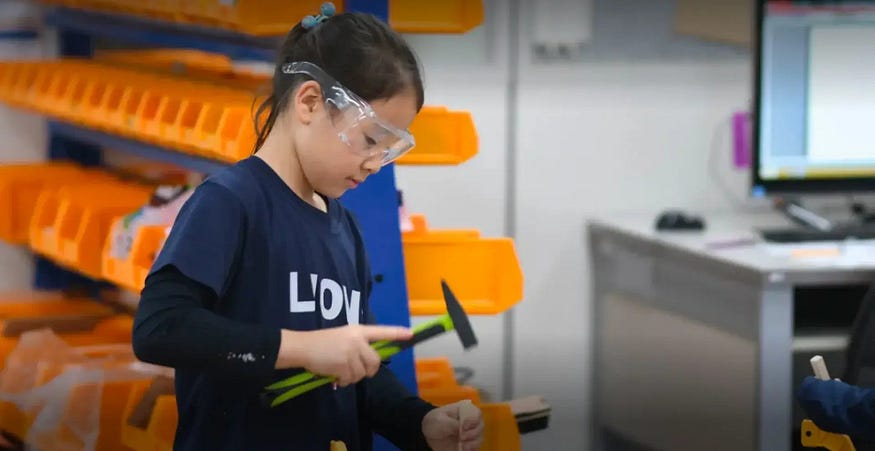How Can Inquiry-Based Learning Shape Critical Thinking in IB Primary Education?

Inquiry-based learning is at the heart of the IB Primary Years Programme (PYP), designed to nurture young minds into thoughtful, curious, and globally aware individuals. In South Korea, where academic success is highly valued, this approach provides a dynamic alternative to traditional rote learning by placing students at the center of their own educational journey.
Encouraging Curiosity Through Questions
At its core, inquiry-based learning encourages students to ask questions and seek answers, rather than passively receive information. In the IB PYP, children are guided through Units of Inquiry, where big ideas are explored across disciplines. These units are designed around transdisciplinary themes that connect subjects like science, language, mathematics, and the arts, enabling students to make meaningful connections between different areas of knowledge.
This approach helps children develop critical thinking skills early on by allowing them to question assumptions, evaluate evidence, and draw reasoned conclusions. For example, a student investigating a theme such as “How the World Works” might explore weather patterns through science, express their understanding through art, and reflect on its impact in their community through social studies all within a single unit.
Fostering Independence and Reflection
One of the defining features of inquiry-based learning in IB primary education is that it promotes student agency. Learners are encouraged to reflect on their strengths and interests, helping them become more independent thinkers. With the support of teachers, students set goals, plan learning paths, and assess their own progress, reinforcing a sense of ownership and motivation.
This active engagement in the learning process naturally cultivates critical thinking. Rather than memorizing facts for short-term recall, students are encouraged to analyze, synthesize, and apply knowledge in real-world contexts. Over time, they begin to view learning not as a task, but as a meaningful and lifelong pursuit.
A Global Framework for Local Learners
In the context of IB primary education in South Korea, the IB PYP provides a powerful platform for nurturing global citizens. At Dwight Seoul, this is brought to life through a concept-based curriculum and a strong emphasis on international-mindedness, allowing students to think beyond textbooks and borders. Through inquiry, children learn to appreciate diverse perspectives and develop empathy skills that are essential for critical and ethical decision-making in a globalized world.
In conclusion, inquiry-based learning in the IB Primary Years Programme does more than build academic knowledge it shapes critical thinkers who are curious, reflective, and confident. At Dwight Seoul, students are empowered from an early age to explore, question, and lead their own learning journeys laying a strong foundation to thrive in an ever-changing world.
Comments
Post a Comment